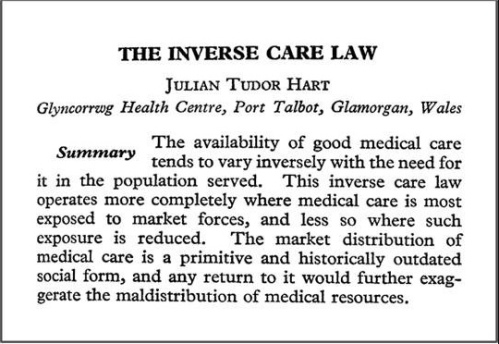
(link)
I took Billy, my 7 year old son to the pharmacy this evening to buy him something for his hayfever. He’s been suffering constant puffy, itchy eyes and a blocked nose for the last 2 weeks. I walked and Billy scooted to our friendly, local pharmacy from where I’ve previously stocked up on dressings to treat road-rash after coming off my bike. We went inside and stood and stared with a mixture of awe and bemusement at the shelf of hayfever medicines.
Being a GP puts me at a considerable advantage in a pharmacy. I know what I want without having to ask their advice and I can confidently ignore the branding and focus on the name of the drug, the strength and the quantity to figure out which one is best value for money. Then I can show it to the pharmacist and ask them if they’ve got a cheaper version (which they often do have, tucked away behind the counter).
I always treat a trip to a pharmacy as an anthropological exertion, and deliberately hang around to watch other customers choose their medicines and listen to the pharmacists give advice to their customers. Billy and I pretend to be spies, which makes it an adventure.
The antihistamines on the shelf ranged in price from £4.50 for 7 Cetirizine tablets to £3.99 for 30. In other words, 64 pence vs 13 pence for a single 10mg tablet of the same drug – a difference of almost 500%. Boots, which is one of the biggest highstreet pharmacy chains is advertising Cetirazine at £4.29 for 14 tablets (30 pence per tablet). This is still a lot, especially when you can get 21 Loratadine for £1 in Poundland.
I prescribe antihistamines – typically 3 months supply (90 tablets) at a time, but a lot of GPs and policy makers think patients should buy antihistames, and any other medication that doesn’t require a prescription, direct from a pharmacy. Unlike most GPs and policy makers, Billy and I go to pharmacies undercover.
One thing we’ve noticed is that people often look confused and overwhelmed by the choice. Quite a few don’t ask any questions, especially if they don’t speak English or if they’re anxious or embarrassed. When my patients show me drugs they’ve bought, it confirms my suspicion that by and large, they are not making informed, value-for-money choices.
Billy and I have come to the conclusion that GPs and policy makers need to think a bit more about just how hard it is to be a successful consumer in a high-street pharmacy.
Of course it’s not just high-street pharmacies where it’s very easy to be ripped off, it’s absolutely everywhere. You can repeat the amateurish anthropology in any supermarket. Twenty minutes spent watching human behaviour in any shop is enough to teach you that there are large numbers of people – and it’s not that difficult to figure out who they are – for whom choice is not freedom, but a minefield. The cruelty of the situation is that these people are most likely to be learning disabled, cognitively impaired, illiterate, innumerate, unable to speak English, very anxious or depressed. In other words, vulnerable and sick.
The more the NHS is cut, the more patients will be expected to shop around for care and the more that happens the more the Inverse Care Law kicks in.

I discovered by chance that a very low dose (half tablet) of an over-the-counter antihistamine significantly improves the quality of my sleep, whether or not I have hay fever. Turns out it’s not only an antihistamine, it’s also an SNRI. Mentioned it to GP. GP listed several products with a ‘sedative’ effect that I could ‘try’ completely ignoring the different active ingredients, their effectiveness and possible side effects. I think we need specialist GPs.
This happens in Spain too, where I live. Countless times I’ve asked for some over-the-counter drug, only to be offered some outrageously overpriced product (there’s no Boots here to drive prices down). It’s only when you ask if there is a cheaper version that they sigh and open that drawer ‘tucked away behind the counter’ that you mention.
Excellent verbalising (or writing) of what I have observed. I will add this blog to the list of questions that I give to trainee doctors to consider when they visit community pharmacies- thanks.
A similar exercise in a GP waiting room (sitting ‘undercover’ for a while with a magazine) can be similarly illuminating….